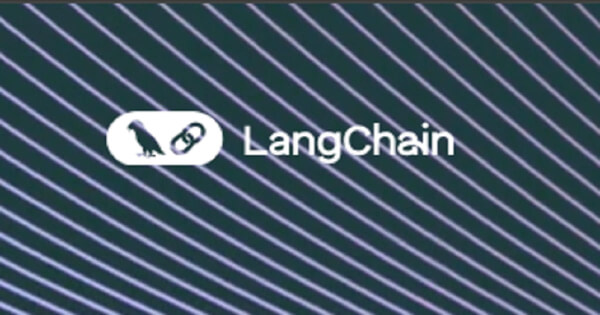Joerg Hiller
Sep 09, 2024 14:35
Bitfinex Alpha reveals Bitcoin’s correlation with equities while altcoins display stronger performance amid market downturns.
Bitcoin (BTC) continues to show a strong correlation with traditional equity markets, particularly the S&P 500, while altcoins are demonstrating notable resilience, according to Bitfinex Alpha’s latest report.
Bitcoin’s Downward Trend
Last week, Bitcoin faced a significant decline, dropping by 10.7% in the first week of September. This continued the downtrend observed since late August, pushing the price below the critical level of $56,711, a threshold that had previously triggered swift recoveries. The sell-off led to a reduction in leveraged positions, indicating a market potentially nearing a local bottom.
However, the report suggests that the short-term trajectory of Bitcoin remains heavily influenced by the performance of US equity markets. The S&P 500 experienced its worst weekly performance since March 2023, emphasizing the persistent correlation between Bitcoin prices and traditional financial markets. Notably, there have been $706.1 million in net outflows from Bitcoin ETFs since August 27th, indicating that traditional finance investors are de-risking from cryptocurrencies.
Altcoins Outperform
In contrast, altcoin markets have shown resilience amid Bitcoin’s decline. Bitcoin dominance, which measures the market capitalization of BTC against the rest of the crypto market, decreased by 1.3%. Conversely, the market cap of all other crypto assets, excluding the top 10, increased by 4.4%. This shift suggests that investors are exploring value in altcoins, diverging from the typical pattern of flocking to Bitcoin during downturns.
Despite this resilience, altcoin open interest has dropped by 55% from its all-time high, indicating speculative apathy and potential exhaustion among sellers. The ETH/BTC ratio, a proxy for the altcoin market, remains under its 365-day Simple Moving Average, reflecting the broader underperformance of Ethereum since the Merge.
However, if Bitcoin dominance has indeed reached a local top, the coming months could see a period of altcoin outperformance, potentially setting the stage for a bullish Q4 should macroeconomic pressures ease.
Macroeconomic Influences
The primary catalyst for last week’s sell-off was the US labor market report for August, which showed only modest growth. This report offers the Federal Reserve some reassurance as they prepare for a potential shift towards lowering interest rates. Employment figures rose less than anticipated, but the unemployment rate dipped to 4.2% from 4.3% in July.
In the manufacturing sector, evidence of continued contraction for the fifth consecutive month emerged, driven by weak demand. This supports the case for a lowering of rates. Companies are cutting back on production to protect profit margins, mirroring broader slowdowns in economic activity.
The construction sector is also showing signs of strain. The US Commerce Department’s Census Bureau reported a 0.3% decline in construction spending in July, following no change in June. This decline reflects the broader slowdown in the housing market as reduced affordability and the fading of the pandemic-era housing boom impact sales.
Additional Developments
In other news, Japan’s three megabanks—MUFG, SMBC, and Mizuho—are launching “Project Pax,” a pilot program using blockchain-based stablecoins to streamline cross-border settlements, aiming for commercial rollout by 2025. The project will integrate SWIFT’s API framework for compliance and efficiency.
Meanwhile, the Federal Reserve has issued a cease-and-desist order on United Texas Bank due to shortcomings in its risk management and anti-money laundering practices regarding its crypto clients. The bank has been ordered to improve its oversight and customer due diligence procedures.
For more detailed insights, the full report is available on Bitfinex.
Image source: Shutterstock
Credit: Source link

















